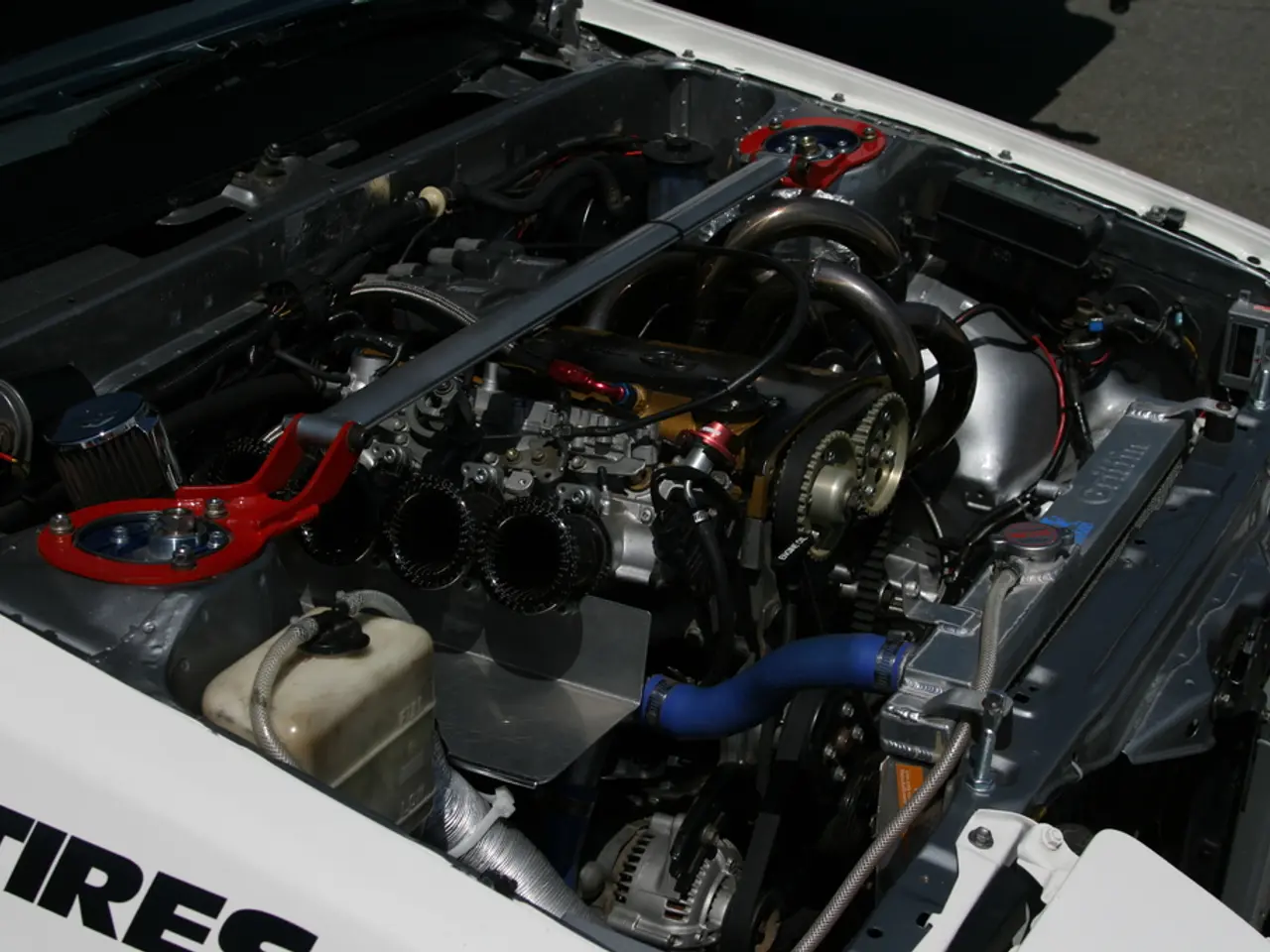United Kingdom government supports Jaguar Land Rover's battery recycling initiative with financial aid
UK Government Funds Battery Recycling Project to Boost Electric Vehicle Adoption
The UK government has provided funding to a battery recycling project, which is part of Britain's DRIVE35 programme. The project, backed by Tata Motors' unit Jaguar Land Rover, LiBatt Recycling, and the Warwick Manufacturing Group department of the University of Warwick, aims to develop advanced lithium-ion battery recycling technologies that recover critical minerals like lithium, nickel, and cobalt from end-of-life electric vehicles (EV) batteries.
The project, located in Britain's West Midlands and running for three years, has secured £8.1 million in funding, including £4.05 million from the Advanced Propulsion Centre UK. This initiative will help reduce reliance on virgin mined materials, strengthen the domestic and circular supply chain for battery materials, lower environmental impact, and enhance the economic resilience and manufacturing capabilities needed for a robust EV industry in the UK.
The project's advanced processes aim to deliver high-quality materials while reducing reliance on virgin materials. This recycling facility, situated in a UK automotive hub, fosters regional manufacturing innovation and helps create a self-sufficient supply chain for critical battery components within the UK.
The project is a significant contribution to the UK's DRIVE35 programme, a £2.5 billion initiative to support the transition to electric cars. By recovering valuable materials from used EV batteries, the project promotes a circular economy model, reducing waste and fostering sustainable resource management crucial for long-term EV sector growth.
The funding is timely, as consumers have cited high upfront costs as the main barrier to the global demand for EVs. This initiative will help mitigate cost and supply risks that currently hinder EV adoption, making electric vehicles more accessible and affordable for consumers.
The UK government's support for this project is part of its commitment to phase out sales of new petrol and diesel cars by 2035. In April, Britain softened its demands on automakers to shift to EV production, recognising the challenges faced by the industry in transitioning to electric vehicles. In June, Jaguar Land Rover trimmed its fiscal 2026 margin forecast due to slowing global auto demand, highlighting the need for innovative solutions like this battery recycling project to support the EV industry's growth.
In summary, the government’s funding empowers innovative recycling technology development and supply chain circularity, which are essential to meet the UK’s 2035 target to phase out new petrol and diesel vehicles and achieve net-zero emissions. This initiative also supports job creation and EV innovation in the UK, making a significant contribution to the UK's transition to a sustainable and circular economy.
The funding for the battery recycling project, part of Britain's DRIVE35 program, is focused on developing technology for advanced lithium-ion battery recycling, aiming to recover critical minerals like lithium, nickel, and cobalt from end-of-life electric vehicles (EV) batteries.
This technology, when implemented, will help reduce reliance on virgin mined materials, strengthen the domestic and circular supply chain for battery materials, lower environmental impact, and enhance the economic resilience and manufacturing capabilities required for a robust EV industry in the UK.




